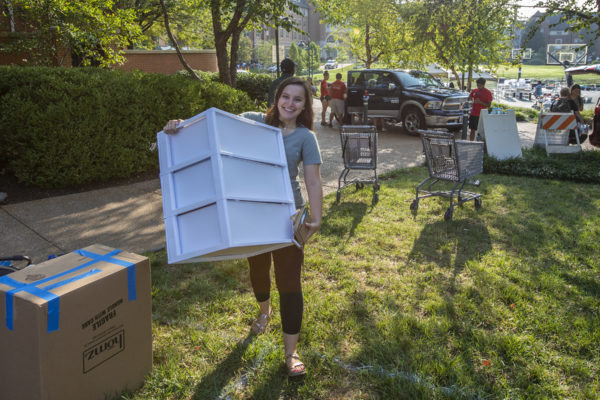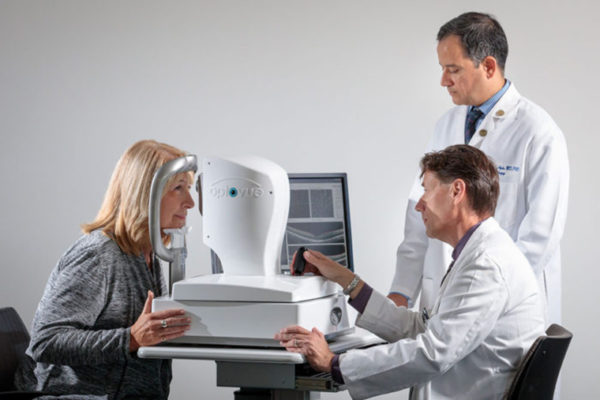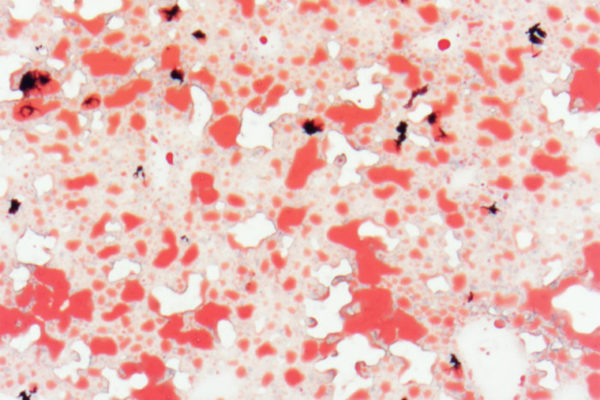First of many lasts: Chancellor celebrates final Convocation
Washington University in St. Louis Chancellor Mark S. Wrighton, who will step down next spring after 24 years, delivered his 21st and final Convocation address to the 1,800 cheering members of the Class of 2022. The largely ad-libbed speech had more laughs, more applause and more emotion than its predecessors.
Leading the way
Washington University in St. Louis is being recognized nationally for its institution-wide sustainability efforts: the school recently earned a gold STARS rating from the Association for the Advancement of Sustainability in Higher Education.
Washington University represented at University Alliance of the Silk Road meeting
This summer, representatives from Washington University took part in an executive council meeting of the University Alliance of the Silk Road, held at Xi’an Jiaotong University (XJTU) in China. A member institution of the McDonnell International Scholars Academy, XJTU is a key strategic international partner for Washington University.
Welcoming the Class of 2022
The Washington University in St. Louis Class of 2022 arrived on the Danforth Campus South 40 with mini-fridges, duvet covers and big hopes for their new home. But they weren’t alone. They were joined by new faculty fellows Jeff Zacks and Lerone Martin.
Alzheimer’s one day may be predicted during eye exam
Using technology similar to what is found in many eye doctors’ offices, School of Medicine researchers have detected evidence suggesting Alzheimer’s in older patients who had no symptoms of the disease.
Natural sugar defends against metabolic syndrome, in mice
New School of Medicine research, in mice, indicates that a natural sugar called trehalose blocks glucose from the liver and activates a gene that boosts insulin sensitivity, reducing the chance of developing diabetes.
Lasers help fight deadly brain tumors
A research team at the School of Medicine has found that laser treatment designed to destroy the deadly brain cancer glioblastoma can add an average of two months to a patient’s life, compared with chemotherapy. The increase is small but meaningful for people who have only months left to live.
Latinos need a disaggregated approach to health care
More investment is needed in research, funding and policy to improve the collection and analyses of disaggregated health data for the growing and diverse U.S. Latino population, finds a new report from the Brown School at Washington University in St. Louis.
Improving health insurance literacy aids Missourians’ ACA enrollment
Research led by the School of Medicine found that community outreach and education are critical for individuals navigating health insurance options available in the Affordable Care Act (ACA) marketplace. Such efforts at the state level may have contributed to a higher enrollment among Missourians in 2018.
‘Reflections’ event to kick off academic year Aug. 27
The university community is invited to take part in an event Monday, Aug. 27, to gather and reflect on shared values — including freedom of expression — as the 2018-19 academic year gets underway. The event will begin at 4 p.m. in Graham Chapel.
View More Stories









